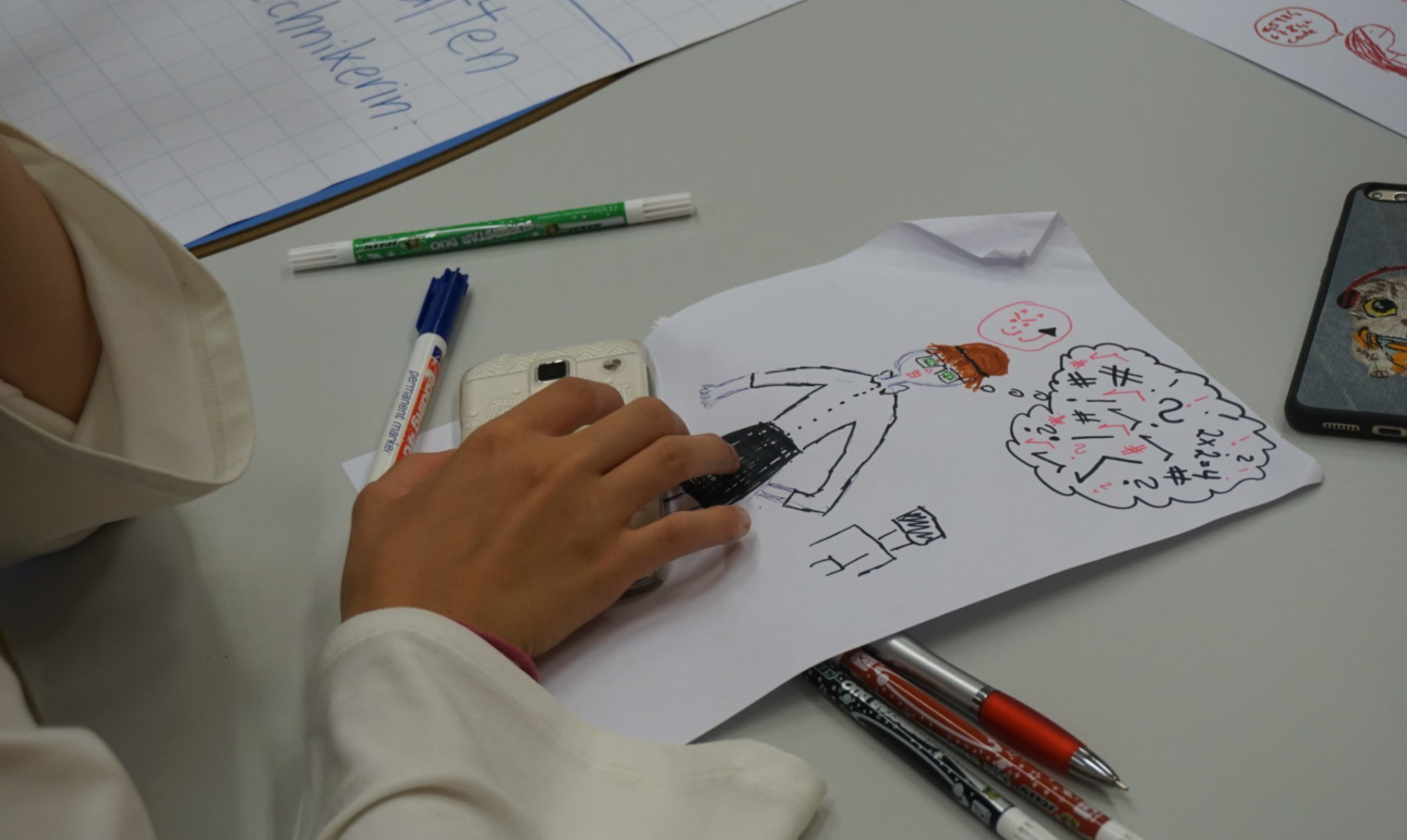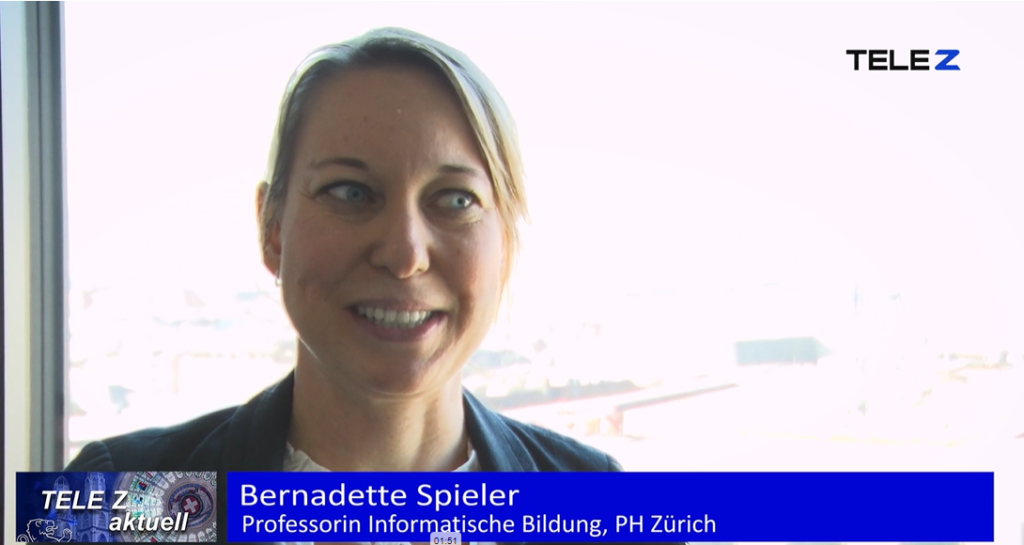Making sieht eine hohe Freiheit im Lern- und Lehrprozess vor und steht gleichzeitig für die Gelegenheit motivierenden und fächerübergreifenden Projektunterricht anzubieten. Dabei werden insbesondere informatische Kompetenzen gefördert. Bernadette Spieler, Professorin für Informatische Bildung an den Zentren Bildung und Digitaler Wandel und Medienbildung und Informatik der PH Zürich, gibt Einblick in dieses spannende Unterrichtsfeld.
Weitere Informationen zum «Rendezvous Elementarbildung»: https://tiny.phzh.ch/rendezvous.

